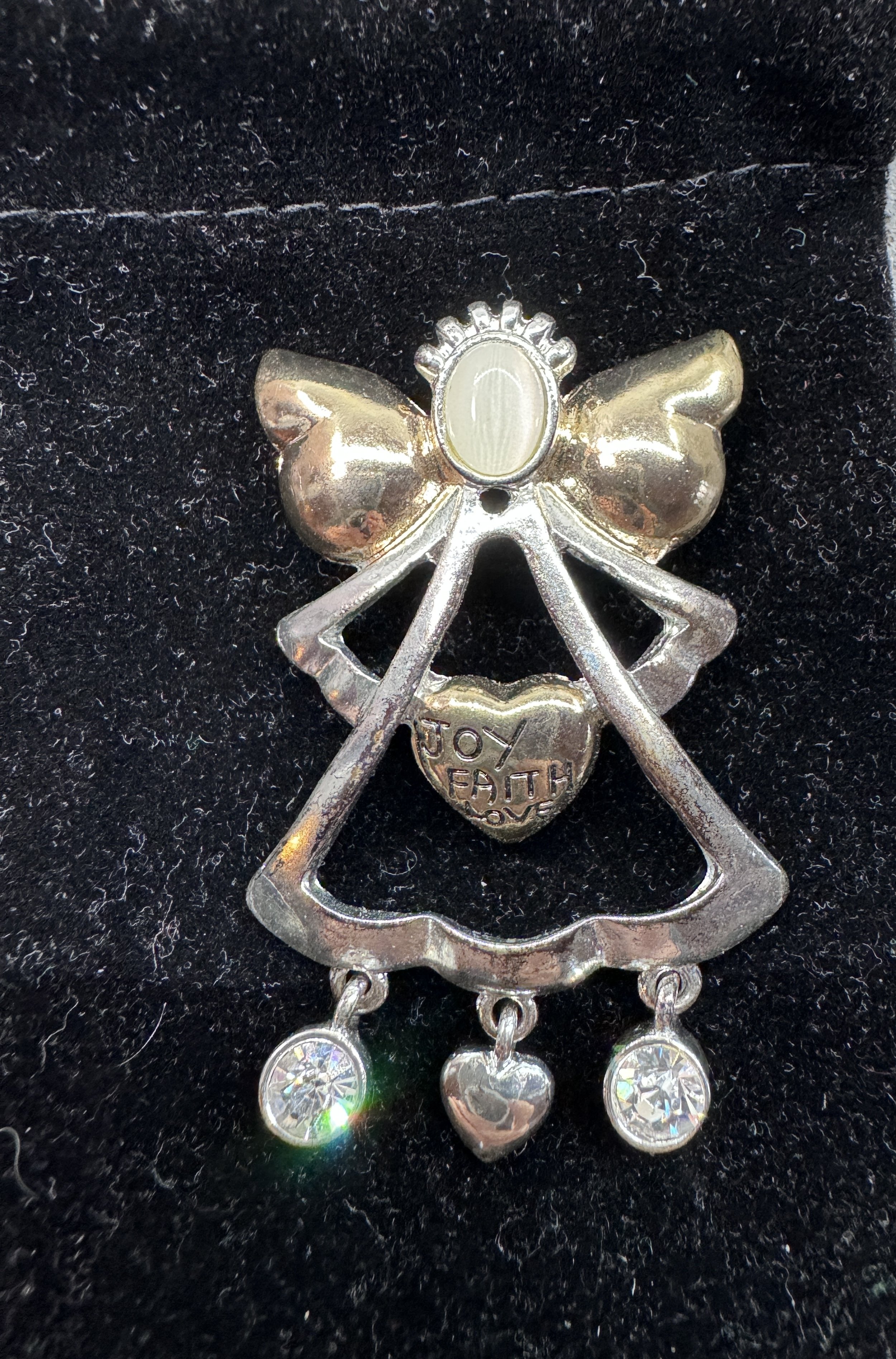Just talk and listen to them…
Working in healthcare can sometimes be mentally, physically, and emotionally exhausting. We take in a lot of information, listen to stories, observe traumatic events, and question the motives of human behavior. It is easy to conclude how or why a person in front of you is going through what they are going through. But one significant and easy way to assess patients more thoroughly is to listen to them.
I have learned that my time during the workday is served better when I give my patients time and attention to allow them to reflect, talk, and think about why they ended up in the ICU. Not every patient will be able to do this, due to disease process but many times their loved ones will take part. As nurses and even some healthcare providers, we can get so wrapped up in using multiple fancy electronic devices to tell us what’s happening with our patients. We love to see imaging studies, lab results, and vital signs to figure out what is wrong so that we can fix them. This is valuable and necessary in many ways, but it does not replace or supersede what a patient will tell you if you talk to them.
Not just in my nursing career but also as I continue and conclude my studies to become a Nurse Practitioner, what a patient says, or review of systems which is completely subjective, is what I am striving to develop and master. Sometimes, patients are angry, upset, and withdrawn; sometimes, they completely ignore you when you ask them questions. Still, silence can even signify a deeper-rooted issue that most likely plays a role in why they seek medical attention. The ability to listen, read non-verbal cues, and allow patients and their families to talk will lead you to better care. There has never been an instance where this was not true.
Yesterday was a day where I gave a lot of my time to a patient who was not assigned to me. Every patient on the unit is my responsibility, but that lack of thought process could be an entirely different blog post. However, nurses have their assignments and a responsibility to respond to the needs of patients, so I did- on several occasions. This patient wanted to know my name and thanked me for being kind and not speaking to him like he was stupid after helping him. He talked a lot, and when you have other patients or need to get tasks done before the end of the day, or if you are about to leave the floor for a procedure or whatever the case is, it is easy to be short and annoyed with patients. Sadly, in some cases, the rush to get away from a patient is just to be able to get on the computer or, worse, a cell phone. Our first thought is, “They have no idea how much I have to do!” or what has also been said is, “I don’t want to talk to them at all.” We very commonly make the day about us. Everyone does it because we see a “task” list as the priority before we can leave when, in reality, our day is all about the patient. But if we can take the time to talk to our patients, they will always remember it. They will tell you things they have never told other people, and they can give you information that can lead you to a better diagnosis or treatment plan.
After the patient I have referred to, transferred out of the ICU, he sent his wife back before my shift ended to give this to me, to thank me for being so kind.
The thing is, I didn’t do anything that I wouldn’t want someone to do for me. If I were in a vulnerable state - which being in the hospital is 100% one of the most vulnerable states- I would want to know someone cares and will listen to me if I have something to say. I would like someone to meet me where I’m at, maybe even try to make me laugh or reassure me that everything will be ok. I do this with all patients I come into contact with. Even if they are grumpy, even if they aren’t my assigned patient, and even if I have a million things to do or haven’t charted anything in 4 hours. Being overwhelmed will never go away as a nurse. But a lost opportunity to connect with someone who may tell you critical information that can alter their care plan is unacceptable.
